Raised by Immigrants: A Tribute to My Parents
Growing up, I didn’t see myself as any different from the other kids around me. Apart from the fact that my skin is brown, and that they were mostly white.
I didn’t feel like I was different in my being in any way. I didn’t feel lesser or that I was lacking something because of who I was. Most of the kids around me were blonde-haired and blue-eyed. Some Christian, some Jewish. Very few Muslims. And yet, despite the array of differences visible to any adult, I never felt out of place or that I should be viewed as less than I was. I ate different foods than other kids. I was able to speak a language entirely unknown to them. In fact, Sindhi was the main language we spoke at home while I was growing up. None of this made me feel ‘left out’ or un-American. And that is solely due to my parents, Shahzad and Sadia.
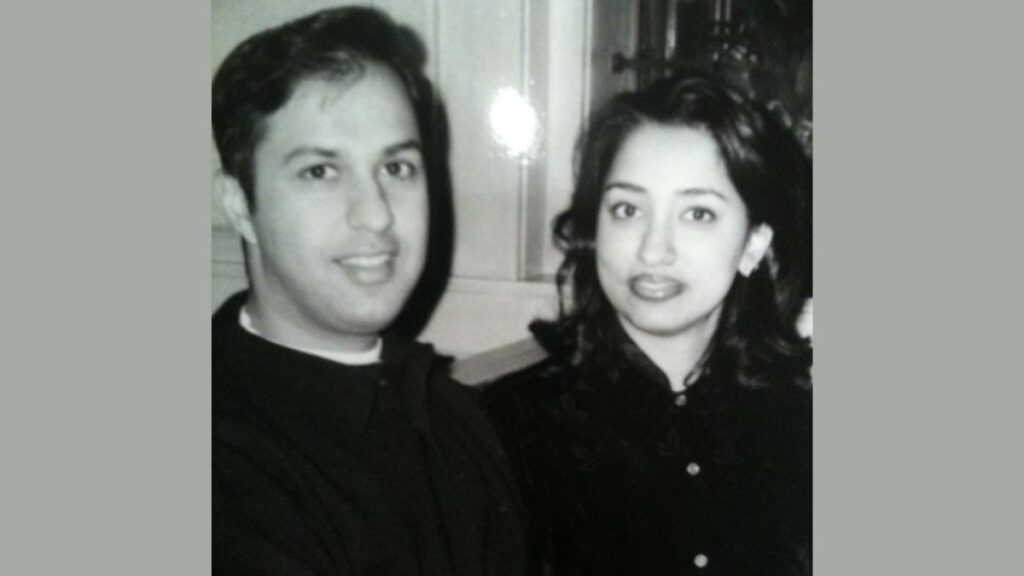
My parents are both originally from Pakistan and immigrated to the US. My dad, Shahzad, moved to New York as a young boy, maybe six years old. My mom moved to Chicago when she married my dad at 26. I don’t know how they integrated themselves so seamlessly into American life and culture to raise my siblings and me. Maybe it wasn’t seamless. I’m sure there were bumps along the road. Adjustments to be made, and things to be learned. But they never showed us that struggle. They never made it seem like they were working harder than the average American just to give us the lives they had envisioned. That in itself is crazy to me.
Growing up, there was a period of time when my father was hospitalized for a rare skin disease. My mom was at home, taking care of me and my sister. I was really young then, less than five years old, so I don’t remember a lot from that time. But I do remember hospital visits to see my dad. I remember his huge smile and how happy he was to see me. I remember how he pretended it was ‘cool’ that his skin was peeling and let my sister and I pick it off, like a snake. He never once showed an ounce of pain or sadness. He made everything seem okay, even when he was in a hospital bed for weeks.
I don’t remember my mom crying during this time, though I’m sure she did. But I do remember her playing with my sister and me and making sure we were always happy. I’m sure there were a million things on her mind besides watching the same movie over and over again, but she did everything to make us happy so effortlessly. These kinds of things, I never thought of as hard or as a struggle as a child. My parents protected us from that while going through it on their own.
And in the same way that they protected us from the harshness of life, they protected us from the harshness of the American world.
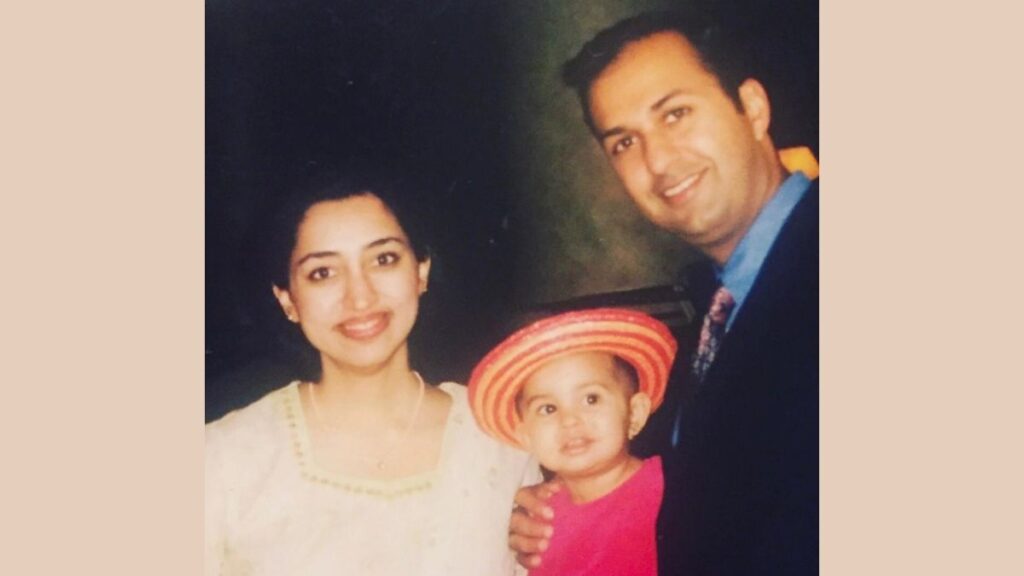
I was never embarrassed of speaking Sindhi. It wasn’t as pretty as Spanish or as romantic as French. In fact, the tone is something I’m sure Americans would love to make fun of. But my mom made it seem so cool to speak another language: a secret language special to only our family. We could walk around the city and say whatever we wanted in our own language, and nobody would understand. That made me feel so cool.
When my dad would come home from a long day of work, he was always excited to eat the food prepared by my mom. It usually was desi food, true to our culture. I remember him exclaiming things like “This is so much better than a burger or sandwich. No one can cook like this!” Young and impressionable, I would look at him wide-eyed and listen with open ears, taking in what he said. He had to be right! After all, he was my dad and the coolest person I knew. If he said nothing is better than desi food, he was right.
Just like that, I grew an appreciation for the food of my own culture, despite being surrounded by burgers and sandwiches everywhere I go. I would bring chickpea wraps to school, or daal, and show them off to my friends, all excited. I wasn’t embarrassed by the smell of spices. What is there to be embarrassed about? Actually, seasoning something and indulging in the aroma? To this day, nothing beats my mom’s biryani and butter chicken. I crave it every week now that I live on my own.
My mom gave me confidence. Despite living in Chicago, she would still wear her traditional shalwar kameez outfits, dupatta dangling by her side as she moved her way through the crowded city streets. She was the only person I saw wearing clothes like that, I would notice as I gripped her hand and looked up at the people on the sidewalks around me. I do remember thinking, “Isn’t this weird? Shouldn’t my mom wear what everyone else does so she doesn’t look different?” But to my surprise, my mom would be stopped by the most random strangers and showered with compliments on her beautiful outfits. People would ask her where they were from and who made them. She would laugh and say they’re from Pakistan. Seeing my mom wear what she loved despite looking different from everyone else is what I think got me into my love for fashion.
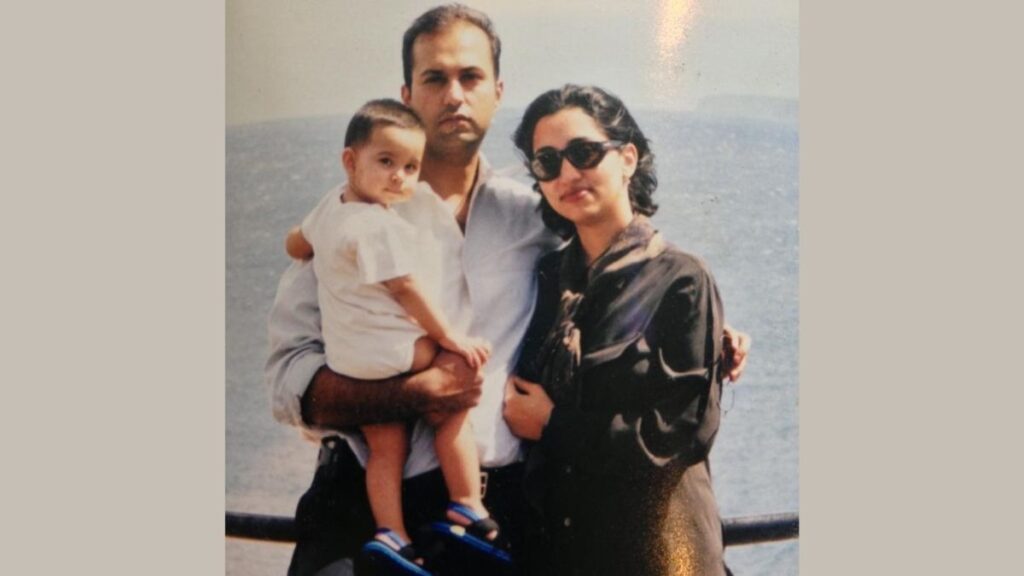
Pakistani clothing is so intricate and detailed. Splashed with bright colors and clashing patterns that somehow manage to make perfect sense. My culture has staples that become trends every few years in the western hemisphere, and because of my mom being confident and wearing what she loved, I was able to recognize the beauty of my culture’s traditional dresses.
This confidence is due to my dad too. Whenever it was a holiday like Eid and my sister and I would dress in traditional Pakistani clothes, he would take hundreds of pictures and tell us how beautiful we looked, and how cool our outfits were. I remember one day I wore one of my Pakistani outfits as a part of my fifth-grade play because I was playing an Egyptian (yes, it may not make perfect sense but it worked, trust me). I felt so proud and beautiful in my outfit. My friends, people I didn’t know, people’s moms, all came up to me and told me how gorgeous my outfit was and how it looked better than the other ‘costumes’. I was glowing. That confidence came from my parents teaching me to love my culture.
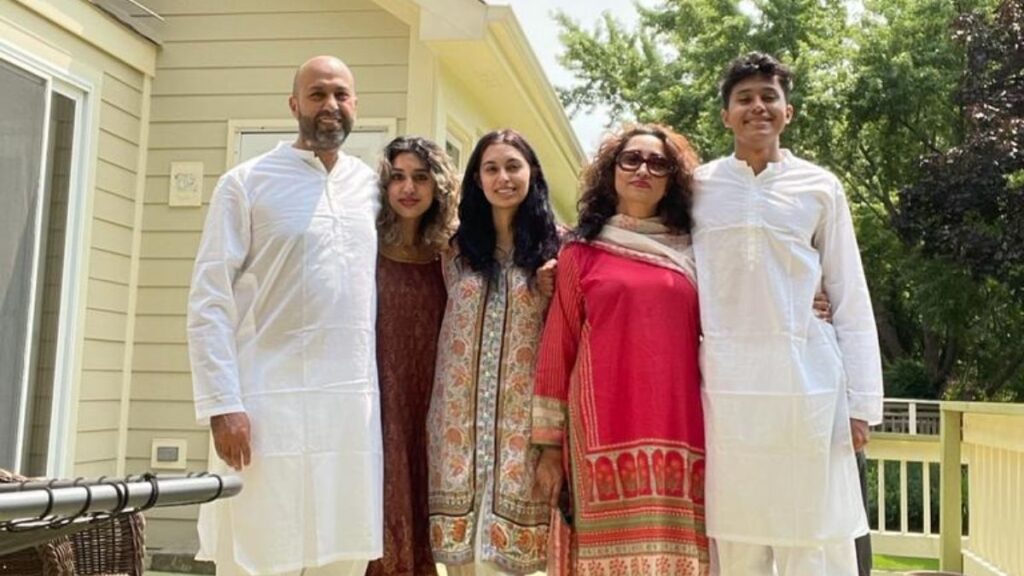
While I never felt out of place or different from any other kids, the reality is quite the opposite. I was incredibly different. I am a Pakistani-American Muslim girl. I didn’t look like the kids around me, but my parents would always tell me how people tanned to look like me. I didn’t always eat the same food as my peers, but I saw them go to restaurants to eat what my mom cooked me on the daily. The outfits of my culture aren’t just pants and a shirt, but my mom showed me just how cool and beautiful our clothes really are. Speaking a ‘weird’ language was the coolest thing ever because it was our family’s little secret and we could say whatever we wanted and nobody would know.
None of the things that made me different or lesser than the kids around me. They made me feel special and cool, like the main character in a tv show. That is all thanks to my parents.
While all of these things made me different from the white, Americans around me, they taught me to love. They taught me how to embrace my culture while being an American, and they taught me that the things that make me different make me who I am. And that person is someone who is so unique and has perspectives beyond those of my peers.
I don’t know how my parents were able to raise me and my siblings in a way that came off so effortless and natural. At 23 years old, I now know that must not have been the case at all. I know how immigrants are treated, and I know the racism and how the fear of anyone different from you exists in the United States. So I know my parents were dealing with all of this on their own, and that it must have been the furthest thing from easy. Imagine moving to a country and trying to teach your kids that they’re worth just as much as everyone else when there are constant bigots and supremacists telling you otherwise.
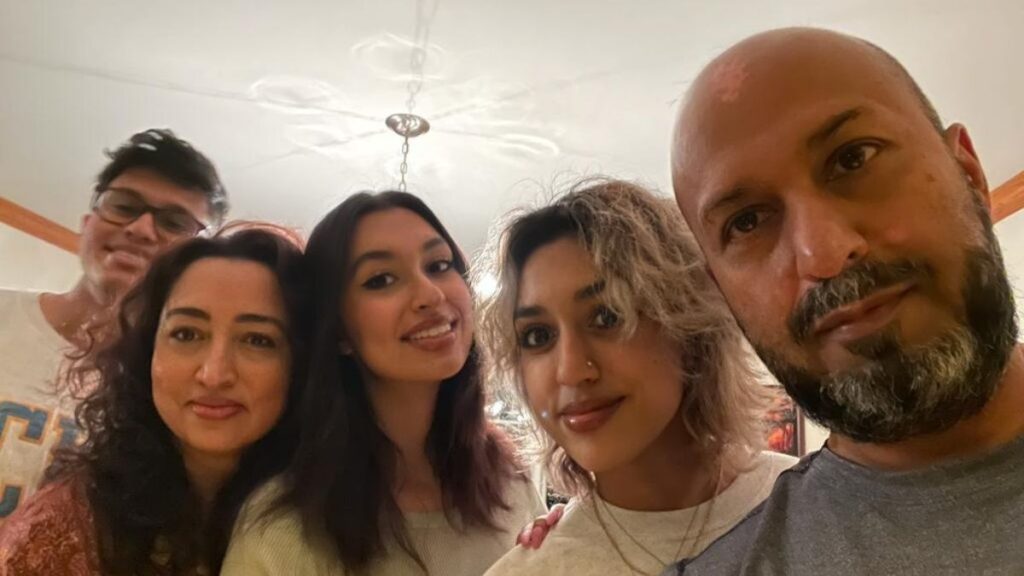
I don’t know if I would’ve been able to do that if I were in my parent’s shoes. But my parents did it, and they went through their struggles and hardships with balancing cultures, I’m sure, but they never showed it. They worked hard to grow in the US and then worked even harder to make sure we felt like we belonged here— while also loving where we came from. That is far from easy. Without my parents teaching us to love ourselves, my siblings and I would not be chasing our own dreams in our own fields. We are all so vastly different, but we all have the same foundation, and I know they are just as thankful as I am for it.
Thank you Ama and Baba, for everything. The things that went unnoticed, we forever appreciate and recognize. You are the best.
Love,
Yusra
- Raised by Immigrants: A Tribute to My Parents - April 24, 2022

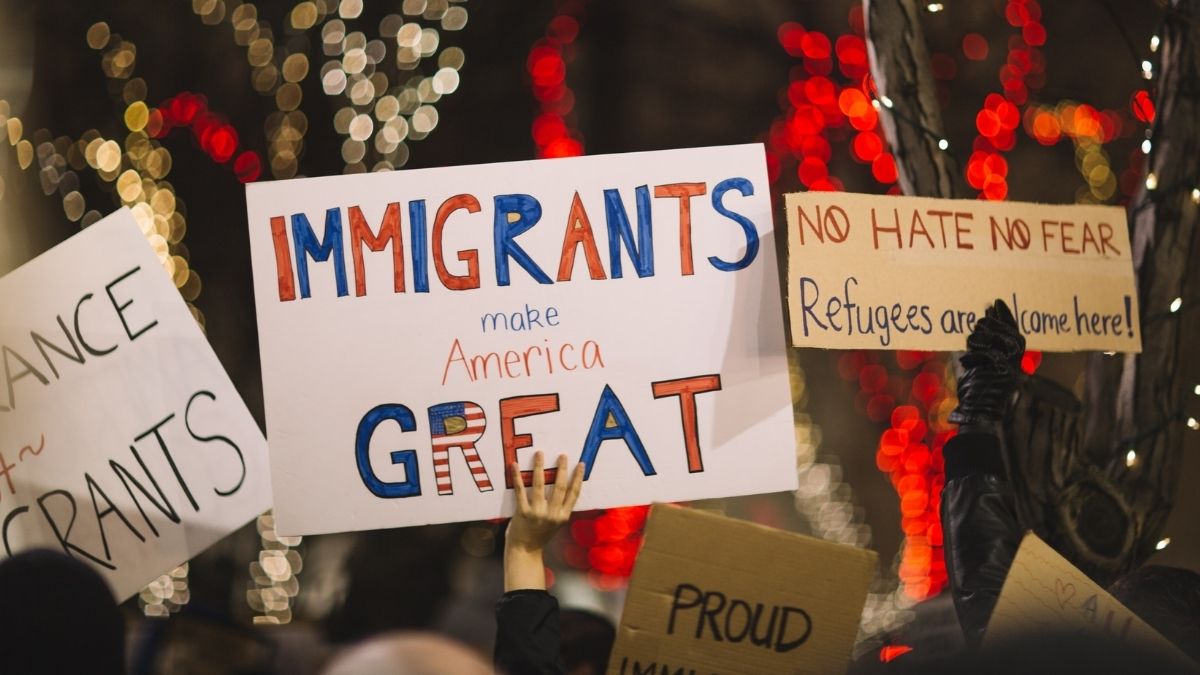
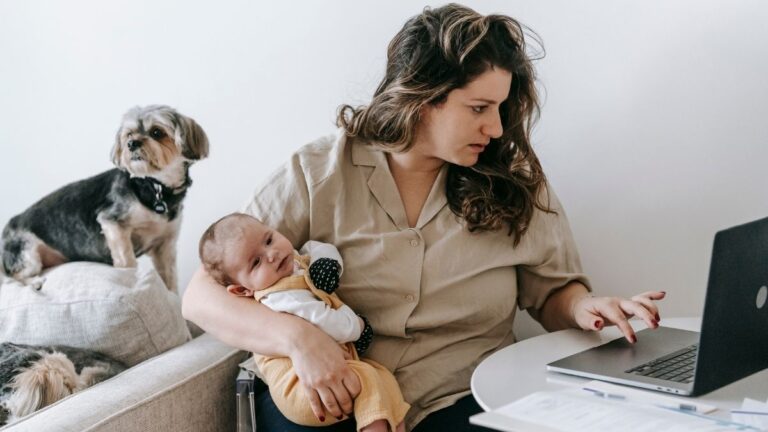


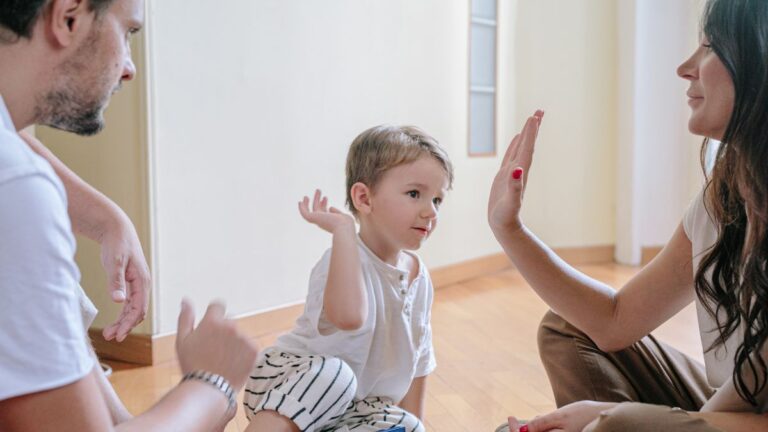
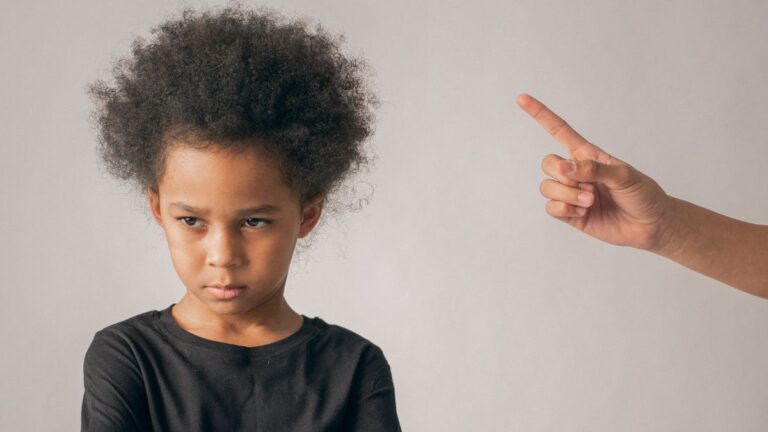

Love this post. It is not easy when you come from another country. And I applaud that your family had managed to preserve their cultural traditions. I do it too and teach my kids to embrace them as well. Thanks!
What a fabulous tribute to your parents! They sound incredible. <3
Bravo for celebrating who you are! I love the rich opportunities of meeting those from various cultures, appreciating their clothing and savoring their foods.
I love this! Thank you for sharing. I have lots of respect for people that immigrate to a different country in pursuit of a better life. It takes a lot of courage and adaptability.